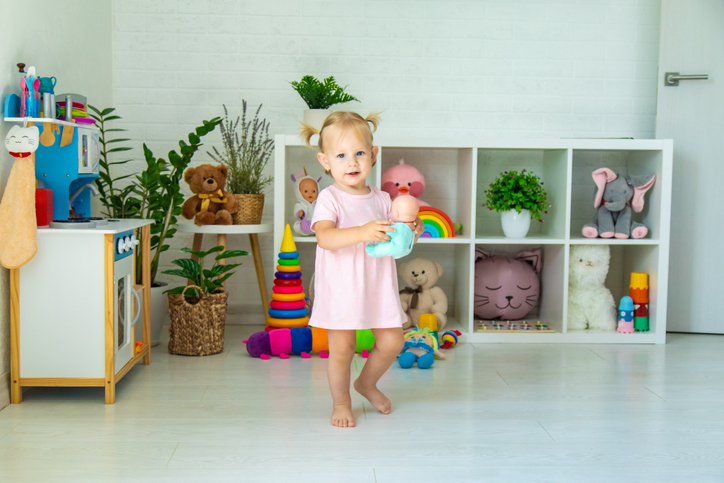
Why Routine Matters in Childcare
Routine is a crucial aspect of early childhood development, providing structure, predictability, and security. For parents, understanding the significance of routine in childcare can help you support your child’s growth and transition them more smoothly into a childcare environment.
Building a Sense of Security
Children thrive on familiarity. When they know what to expect each day, it helps reduce anxiety and build a sense of security. In childcare, routines such as consistent drop-off times, scheduled activities, and predictable meal and nap times create a stable environment. This familiarity allows children to focus on exploring, learning, and interacting with their peers.
For example, a daily routine might include free play in the morning, followed by snack time, structured activities, lunch, quiet time and outdoor play. When children can anticipate what’s coming next, it gives them a sense of control over their day, which is especially important for those who may feel overwhelmed by new experiences.
Supporting Emotional and Social Development
Children can often experience emotional highs and lows throughout the day. Having a routine helps them navigate these emotions more effectively. When transitions between activities are smooth and predictable, children learn to manage their feelings better. Over time, this predictability helps them develop emotional resilience and adaptability.
Socially, routine helps children build relationships. For example, knowing that group play happens at the same time every day encourages social bonding, as children learn to share, take turns, and work together in a predictable setting.
Establishing Healthy Habits
Routine also plays a pivotal role in helping children develop lifelong healthy habits. In a structured childcare environment, activities like washing hands before meals, applying sunscreen after lunch, and regular physical play encourage self-care, hygiene, and physical fitness.
These routines, embedded in the childcare schedule, reinforce positive behaviour, making it easier for children to adopt these habits at home. This lays the groundwork for personal responsibility, even in small ways, such as tidying up after playtime or following a bedtime routine.
Preparing for School
Another significant benefit of routine is how it prepares children for formal schooling. Kindergarten and school environments follow a strict structure, with specific times for learning, breaks, and activities. Children who have been accustomed to a daily routine in childcare are often better prepared for this transition. They are more likely to adapt to the school schedule, follow instructions, and participate actively in class.
Conclusion
In summary, a well-structured routine in childcare offers numerous benefits, from emotional security to healthy habit formation. As parents, you can support these routines at home, providing a consistent environment where your child feels confident, secure, and ready to thrive.
